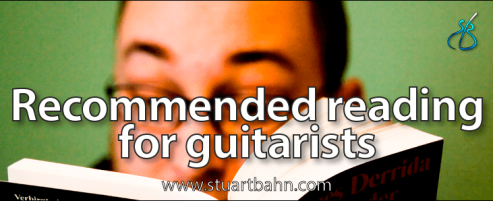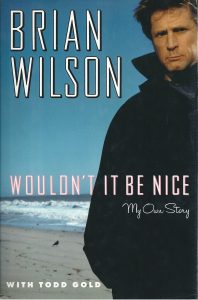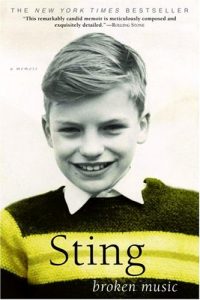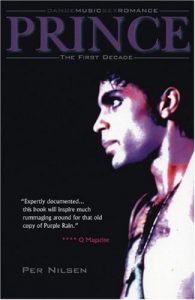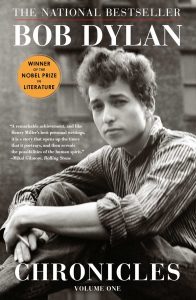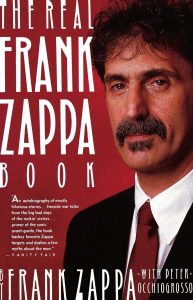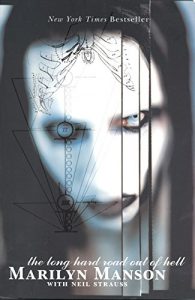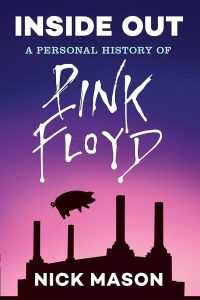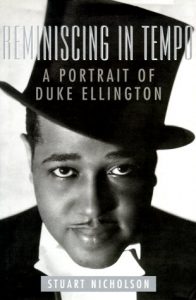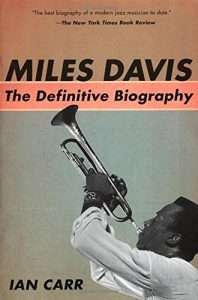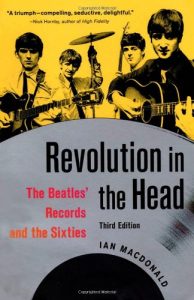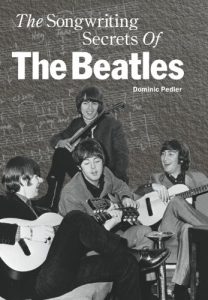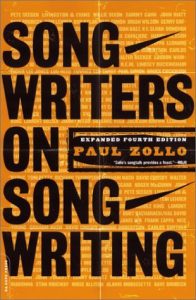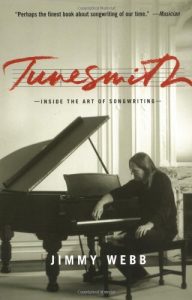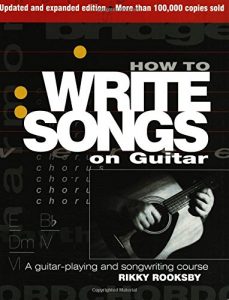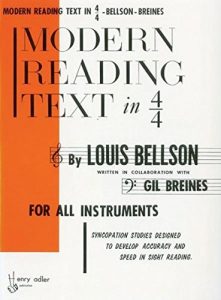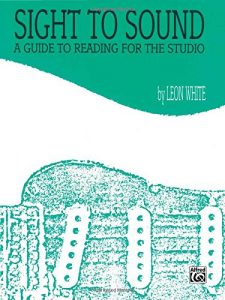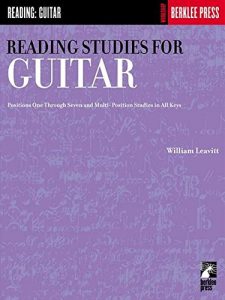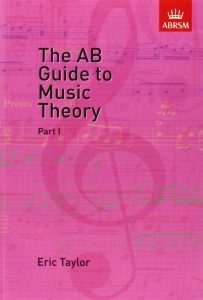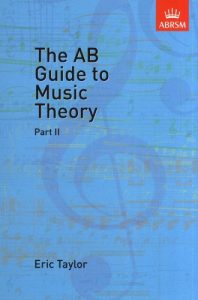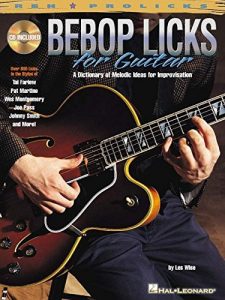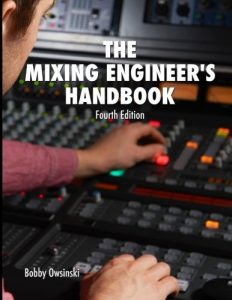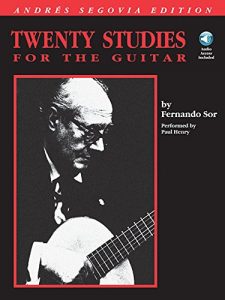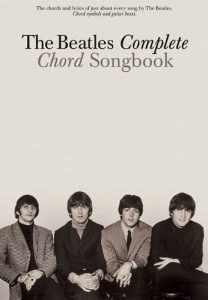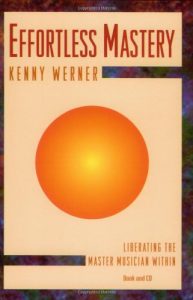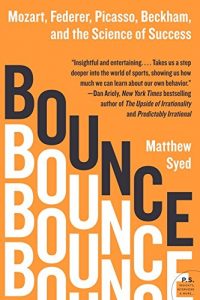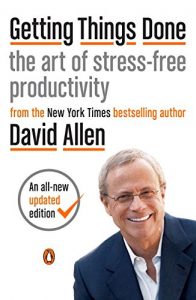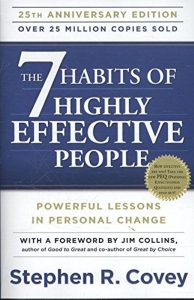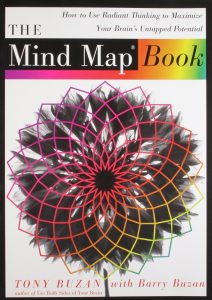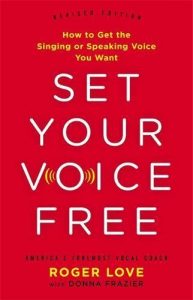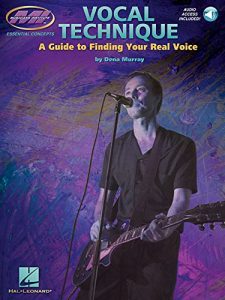Recommended reading for guitarists
These are some of the books I’ve enjoyed reading and learning from over the years, and I highly recommend each of them.
Each one has been an education to me in some way; ranging from technical aspects of music to more general life skills.
Click the book images or links go to their Amazon listings.
Biographies and history
The autobiography of the songwriting genius of the Beach Boys.
Wilson talks a great deal about the music he created, but also his difficult childhood, his terrible father, and his later mental illness. It’s dark in places but fascinating and hard to put down:
A very open and surprisingly humble autobiography from Sting about his early life and attempts to make a living in the music industry.
Sting writes well and shows how easily he might have never ‘made it’ were it not for some fortunate encounters:
Prince was an astonishing talent – he really had it all – but he was also an extremely hard worker.
This excellent biography focusses on Prince’s greatest period of success in the 1980s, and features many firsthand accounts from band members, family and friends:
The first volume of Bob Dylan’s autobiography.
The book has an unusual timeline, given the vastness of Dylan’s career. He focusses mostly on the very earliest part of his career around 1961 but with splashes of later periods thrown in:
Frank Zappa was a fantastic musician with a truly unique attitude to music and life. He was also very very funny.
This is Frank’s very own autobiography. It’s interesting, educational and hysterically funny the whole way through. Highly recommended reading!
This is the disarmingly frank autobiography of Brian Warner aka ‘Marilyn Manson’.
Warner writes very well. He’s intelligent, perceptive and hides nothing, from his school days right through to his meteoric rise to fame in the music industry:
Written by the Pink Floyd’s drummer himself, this is nice read.
Mason talks about everything from their early years right through to their final reunion at Live 8:
A biography of one of jazz’s most important composers and bandleaders.
This book is almost entirely made up of firsthand accounts from people that knew Duke Ellington personally, or worked for him:
Miles Davis is without peer in the world of jazz. He changed the direction of jazz music multiple times in his life and his compositions fill the Real Book.
Even if jazz isn’t your passion, this is a great read:
If you’re a Beatles fan, this is a must-have book.
MacDonald details how every Beatles song was recorded; who did what, what was happening in the band at the time, and often what the songs were about:
Revolution in the Head: The Beatles’ Records and the Sixties
Songwriting
Probably my favourite of all the music books I’ve read.
It’s beautifully written and packed with detail. This book is also a masterclass in music theory:
This is a collection of interviews with 50 world’s best songwriters, on the subject of songwriting!
Interviewees include Bob Dylan, Donald Fagen, Mark Knopfler, Paul Simon, Frank Zappa and Brian Wilson. Wonderful stuff!
A fascinating insight into the process of songwriting by one of America’s great songwriters.
Jimmy goes so far as to take the brave step of writing a song within the pages of the book:
Another excellent book that systematically covers a vast range of chord progressions, song structures, rhythms, with numerous examples throughout.
Unlike many theory books, Rooksby’s approach is completely guitar-focussed:
Technical books
A book of nothing but rhythms; this will really sort out your rhythm reading.
Beginning with the simplest of quarter and eighth note rhythms, Bellson gradually introduces subdivisions, triplets, ties and dotted notes one page at-a-time:
Sight-reading is a weak spot for most non-classical guitarists. This guitar-specific book gently walks you through all the essential keys and positions on the guitar; in addition to rhythm reading.
It’s also packed with great down-to-Earth advice and explanations:
Another guitar-specific sight-reading book.
It’s similar to Sight to Sound; taking you through keys and positions all over the fretboard, but it’s more advanced and has little in the way of advice or commentary:
An excellent companion for anyone studying classical grades 1-5.
Excellent as a reference book to look up specific areas or terms but also quite readable. Notation is used throughout:
This volume, Part 2, covers classical music theory grades 6-8:
Want to learn some jazz licks? This book is a dictionary of melodic jazz lines for just about every chord and progression that you could ever come across.
It’s not the sort of book you would want to try to work through; rather, pick a lick or two and then work on getting them into your playing:
If you’re interested in doing home recording, this is THE book to buy.
A how-to of mixing, covering everything from EQing to compression. It also includes in-depth interviews with top sound engineers which are worth the price of the book alone:
Repertoire
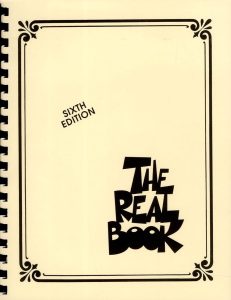
If you have any aspirations of playing jazz, you need a real book. This one is the classic; a compendium of the chords and melody of hundreds of jazz tunes.
Chords and notation:
My background is popular music, but I do enjoy spending time working on these studies by Fernando Sor, which were handpicked by the classical master Andres Segovia.
They’re pretty challenging pieces ranging from about grade 6 standard to beyond grade 8. Notation only:
The chords to all the officially released Beatles songs, accurately put together by Rikki Rooksby.
There is a lot of attention to details, not least the numerous slash chords Rooksby has opted for when bass notes are particularly important to the recordings:
Books for the brain
This book takes a look at the psychological side of performing music.
Werner discusses the hang-ups and insecurities that get in the way, and provides meditative exercises to overcome them:
Effortless Mastery: Liberating the Master Musician Within (Book + CD set)
A fascinating look at what Syed calls ‘the myth of talent and the power of practice’.
Syed, himself a former world-class table-tennis player, details numerous examples of ‘natural talents’ including Mozart. In each case he argues that it was hard work and practice that overwhelmingly contributed their achievements:
Bounce: Mozart, Federer, Picasso, Beckham, and the Science of Success
GTD is a comprehensive system of organising and dealing with all the ‘stuff’ in your life such as work, tasks, ambitions, projects, emails, letters, etc.
Even if you only implement half of what Allen recommends, most people ought to see a big improvement in their day-to-day life:
This is a marvellous book that is essentially a masterclass on how to live a better life, how to be a better person, and how to achieve more success in your career. This inspirational book might – just might – transform your life:
Mind Maps are a fantastic method for organising and remembering information of any kind; invented by Tony Buzan.
I’ve found Mind Maps to be extremely useful when planning projects; musical or otherwise:
Books on vocal technique
Why should a guitarist get a book on singing technique?
1. Because you will get more work if you can perform backing vocals.
2. Because if you sing and you have bad technique you will wreck your voice.
This was the first vocal technique book I bought and it helped me enormously:
Set Your Voice Free: How to Get the Singing or Speaking Voice You Want
I got this book (with audio) about a year after I did the Roger Love one.
The exercises in this book are a little more advanced, and more comprehensive, and I found them to be very helpful; especially driving to gigs:
If you find this list of recommended reading for guitarists useful please share it with others.
photo credit: Martin Gommel via photopin cc
